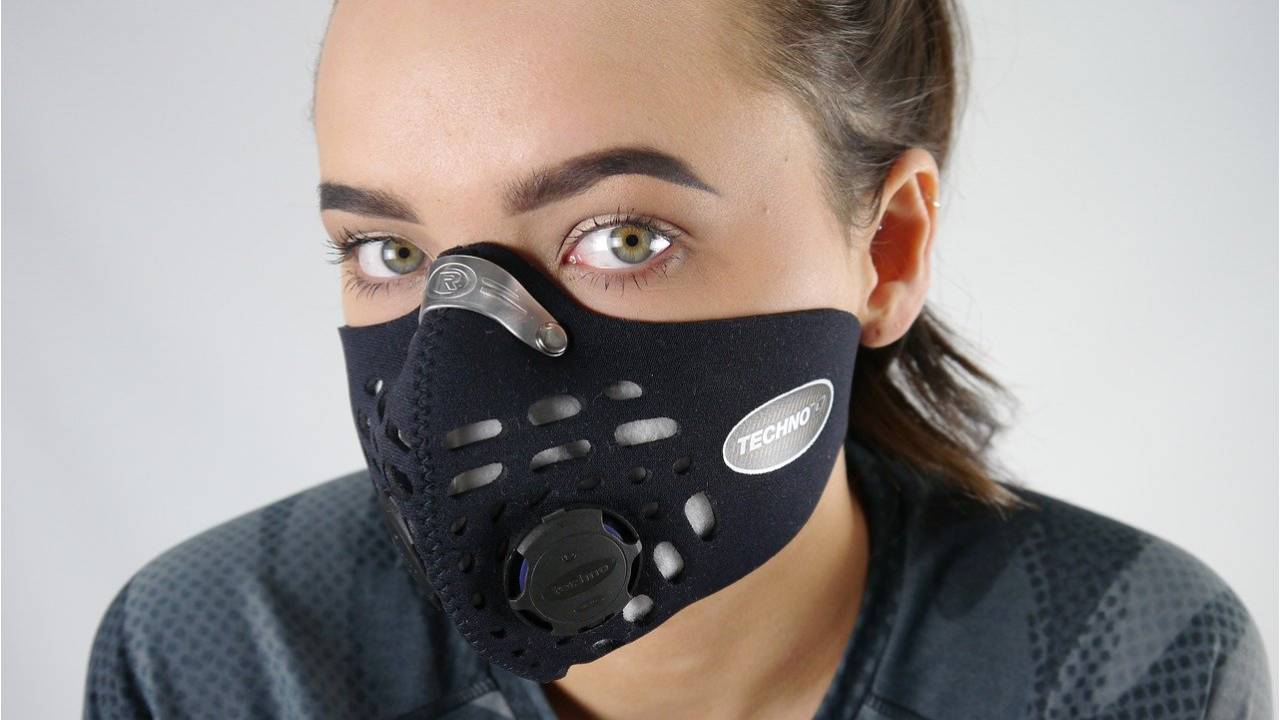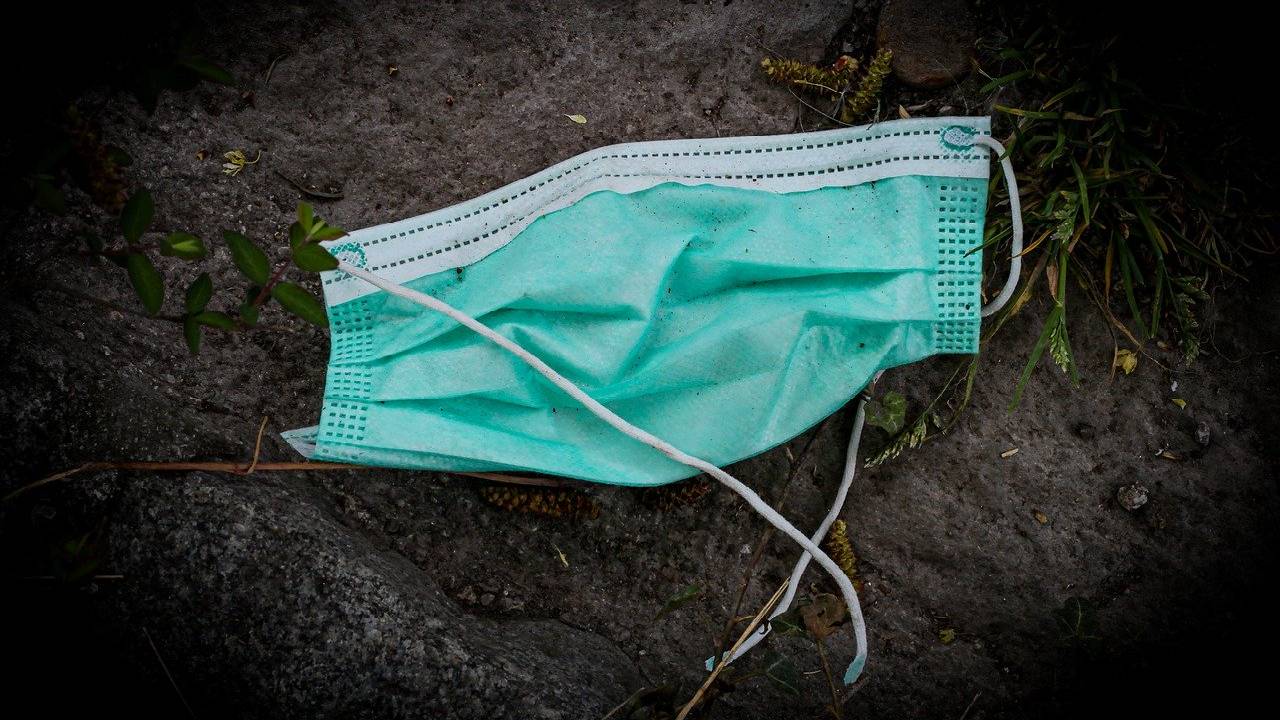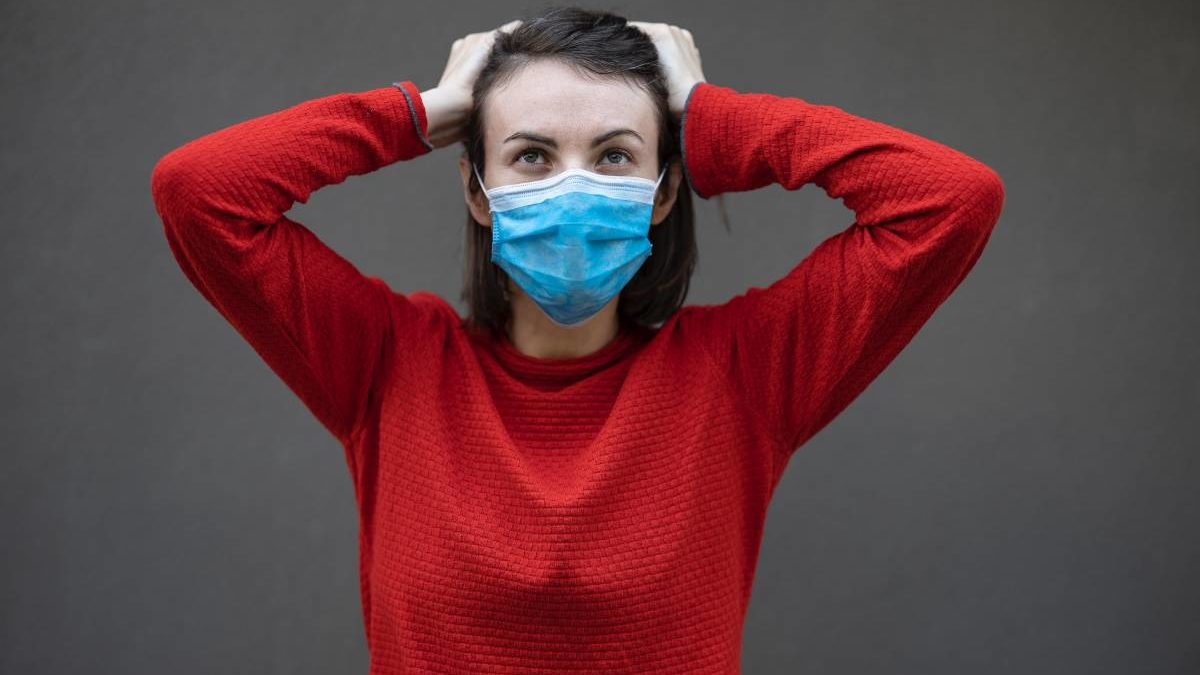Considering the present air quality index and the pollutants roaming around in the air, it is very evident that face masks are going to be an essential part of our lives for a long time now. While it is important to prevent ourselves from harmful and deadly air pollutants, it is also important for us to know about the best face mask, which we should use.
As we know, air pollutants are of various types and are emitted by a number of sources, human and natural. These emissions are a concoction of dust, chemicals, fine particulate matter (PM), and secondary pollutants such as ground-level ozone. Notably, Global Health Observatory (GHO) report estimates that 25% of the lung cancer deaths, 8% of COPD (chronic obstructive pulmonary disease) deaths, and about 15% of ischaemic heart disease and stroke are caused by PM between 10 and PM 2.5. While it might not be totally in our hands to prevent pollutants from spreading, we can definitely save ourselves by choosing the best covid-19 test kit. Given below are some factors to consider while choosing the covid-19 kit.
Table of Contents
Understand the type of pollutant you are dealing with:
It should be noted that different form of pollutants releases different pollutants. Vehicular traffic emissions, crop burning, dependence on fossil fuels, and industrial emissions, are some of the major resources of harmful pollutants around us. There are different types of face masks available in the market, to select the best face mask for you, it must be idle for the mask to be able to filter out pollutants like suspended particulate matter (PM 10 & PM 2.5), and harmful compounds like SO2 (Sulphur Dioxide), Carbon Dioxide (Co2), O3 (Ozone) and NO2 (Nitrogen Dioxide).
Select the right mask for the right pollutant:
It is important to understand the need for your pollution mask as these marks are different for different pollutants. For most non-oil-based fine particulate matter, N-95 and N-99 masks are the best options as these masks with N-95 rating can filter up to 95% of PM 2.5 and masks with N-99 rating can filter up to 99% of PM 2.5. Similarly, if you reside in a city/area with high oil-based PM 2.5 concentration, these masks would be of no use, and you might have to go with the option of an N-100 mask that works with 99.97% efficiency.

Consider ventilation above style:
In addition to selecting the best air pollution mask, selecting the right size is a very crucial aspect. The mask you opt for should fit tightly on your face, leaving no gaps for the particulate matter to penetrate through any corner of your mask. Considering the fact that these pollutants are 50 times thinner than average human hairs, it is always advisable to go with a perfect fit over the ears rather than the head.
Understand your need before buying a mask:
It is always advisable to get a mask suited to your usage patterns. Since there are different types of masks for different activities, it is important that you understand your perfect fit. For example, Active people who like their morning runs should opt for heavy-duty masks with large air intake valves as they are better suited to handle larger volumes of air and moisture. Moreover, people who use masks for limited runs can opt for lighter and cheaper options, like surgical masks that are geared towards convenience and portability. Similarly, depending on your satisfaction and need, you can opt for masks that can also be re-used for a limited period of time.
Never compromise with the quality:
In your hunt for the best face mask, you should never compromise with the quality of your purchase as this thing is directed towards your health. Surgical style air pollution masks are generally not re-usable by design and will, therefore, need to be replaced frequently. Try to avoid contributing to your local landfills by investing in re-usable masks. Moreover, you should always check if your mask brand adheres to international production standards like Personal Protective Equipment by CE and EN 149:2001+A1:2009 FFP2 R (R stands for recyclable) or certification from the U.S. National Institute for Occupational Safety and Health (NIOSH) (or EN 149 FFP2 for Europe) as they will ensure your air masks are designed to filter out ultra-low micron (>0.3 microns) pollutants.

Summing up, it is more than evident that there will always be newer pollutants and newer threats to us. Therefore, it is always advisable to keep a check on the masks and their effectiveness.

